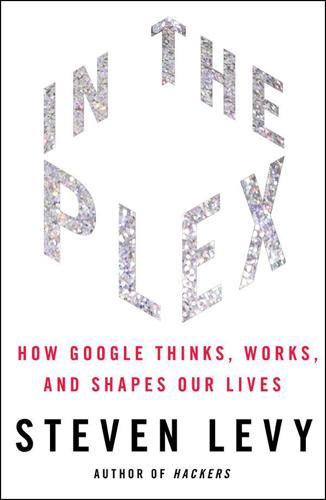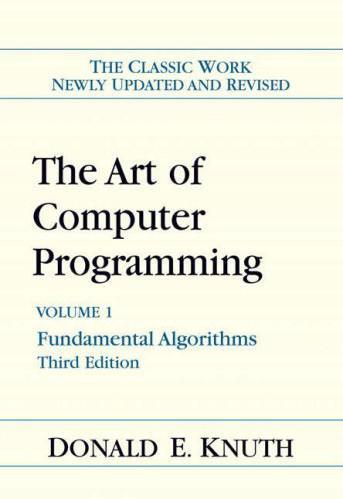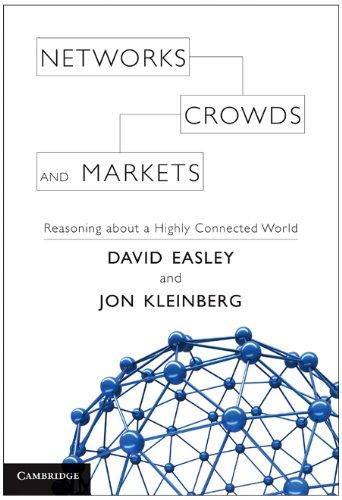Gerard Salton
description: an American computer scientist who made significant contributions to the field of information retrieval and is often called the 'father of digital search'.
3 results

In the Plex: How Google Thinks, Works, and Shapes Our Lives
by Steven Levy · 12 Apr 2011 · 666pp · 181,495 words
—were based on traditional information retrieval (IR) algorithms. Many of those algorithms arose from the work of one man, a refugee from Nazi Germany named Gerard Salton, who had come to America, got a PhD at Harvard, and moved to Cornell University, where he cofounded its computer science department. Searching through databases
…
the University of Minnesota. He’d become fascinated with the field then known as information retrieval and was desperate to study with its pioneering innovator, Gerard Salton. “I only applied to one grad school, and it was Cornell,” he says. “And I wrote in my statement of purpose that if I was
…
, 148 Rubinson, Barry, 20–21 Rubinstein, Jon, 221 Sacca, Chris, 188–94 Salah, George, 84, 128, 129, 132–33, 166 Salinger Group, The, 190–91 Salton, Gerard, 20, 24, 40 Samsung, 214, 217 Samuelson, Pamela, 362, 365 Sandberg, Sheryl, 175, 257 and advertising, 90, 97, 98, 99, 107 and customer support, 231

The Art of Computer Programming: Fundamental Algorithms
by Donald E. Knuth · 1 Jan 1974
. RTAG, 322, 332-334, 338, 349-351, 359, 380. Running time, see Execution time. Russell, David Lewis, 613. Russell, Lawford John, 202. Saddle point, 159. Salton, Gerard Anton, 351, 459. Sammet, Jean Elaine, 462, 574. Satterthwaite, Edwin Hallowell, Jr., 230. Saving and restoring registers, 188, 198, 213, 228. Schaffer, Alejandro Alberto, 514

Networks, Crowds, and Markets: Reasoning About a Highly Connected World
by David Easley and Jon Kleinberg · 15 Nov 2010 · 1,535pp · 337,071 words
. [353] Matthew Salganik, Peter Dodds, and Duncan Watts. Experimental study of inequality and unpredictability in an artificial cultural market. Science, 311:854–856, 2006. [354] Gerard Salton and M.J. McGill. Introduction to Modern Information Retrieval. McGraw-Hill, 1983. [355] Oskar Sandberg. Neighbor selection and hitting probability in small-world graphs. Annals